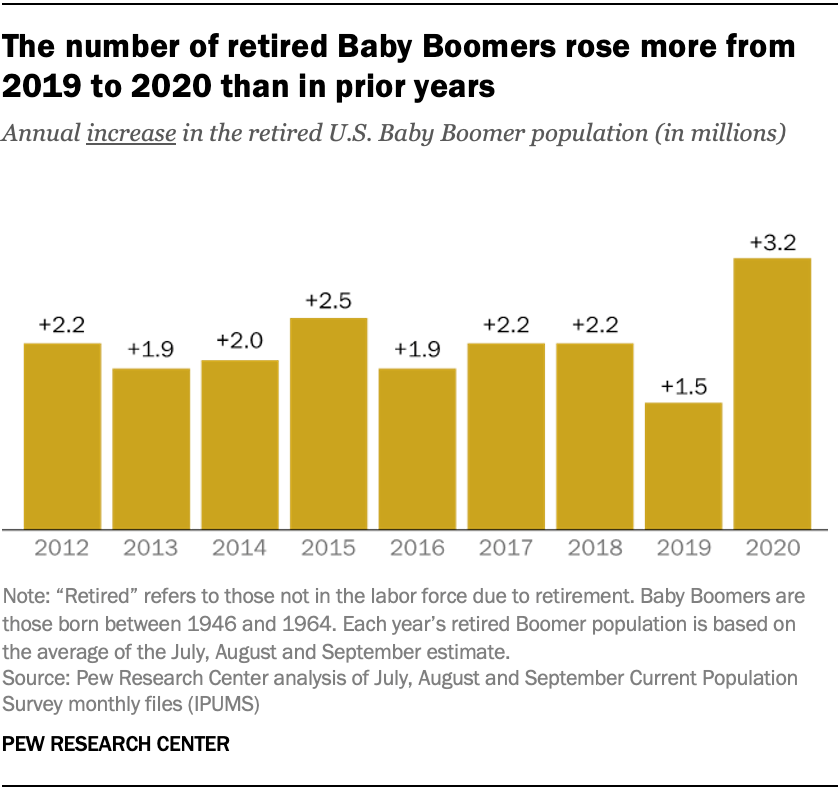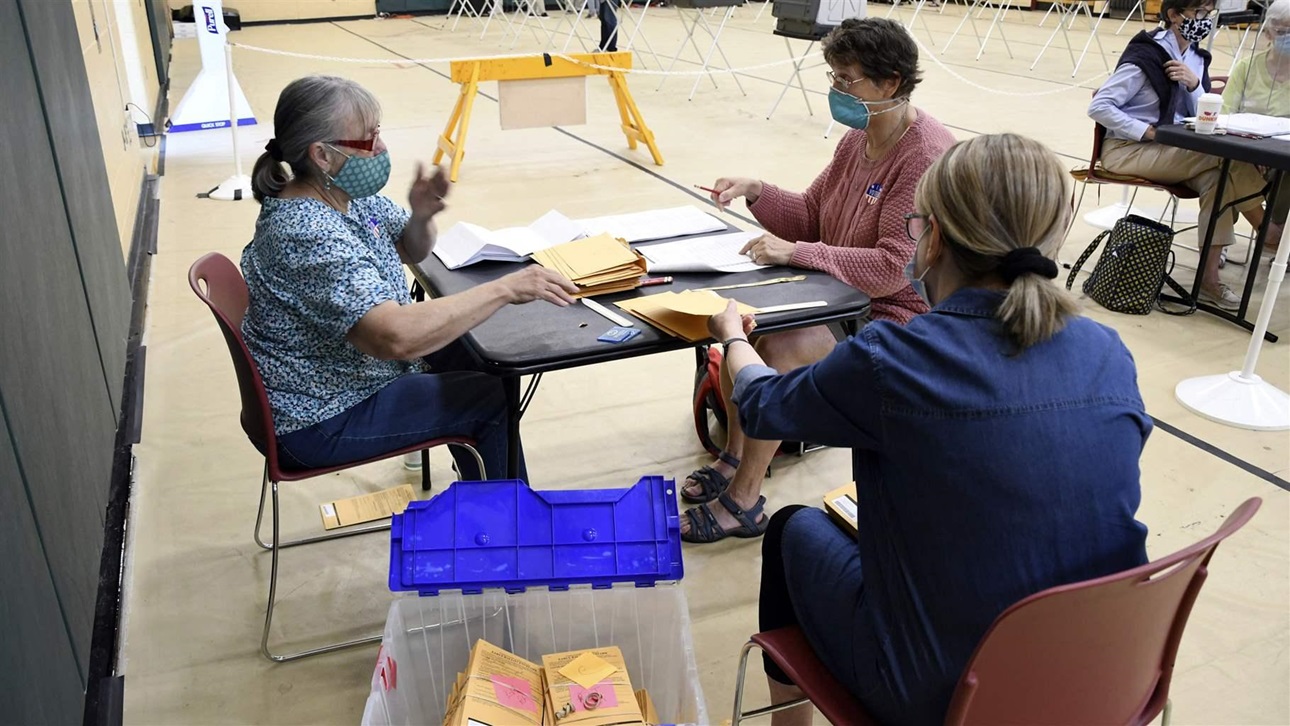Sightings
Jo Freeman: There’s Plenty To Do at the RNC – If You Have the Right Credentials
by Jo Freeman
Every national nominating convention has plenty of auxiliary events, some authorized, some not. Getting space can be a challenge; getting the word out even more so. But they do it nonetheless. Press were given a RNC 2024 Master Event Calendar, which was updated a few days later. Events began on Sunday and ended on Thursday. The actual convention sessions were just one item on the list. The calendar said if an event was Open or Closed to press, and also whom to contact to register. I’m going to describe some of the events, including a couple I went to, and a couple I was turned away from.
Since my focus is on women, I obviously wanted to go to those events – if I could.
The National Federation of Republican Women is the largest grassroots Republican women's organization in the country with hundreds of clubs. Founded in 1938, its members made the phone calls and knocked on the doors that elected Republican candidates for decades. It’s Tuesday luncheon featured Arkansas Governor Sarah Sanders. The Master Calendar said it was SOLD OUT and they wouldn’t let me in. I was able to get into their lounge at the Fiserv Forum Wednesday evening, where I was repeatedly asked if I was a member, and if not, would I join. “I’m press,” I said. “I can’t join anything partisan.” I then said: “What brings you here?” On hearing that, finding anyone willing to chat with me was like pulling teeth.
Moms for Liberty met in a concert hall that afternoon. I had pre-registered, and I got in. From high in a balcony seat I listened to several people talk about the evils of transgenderism. It’s webpage says WE BELIEVE Power Belongs to the People. Sound Familiar? With a focus is on parental rights, it wants to “STOP WOKE indoctrination.”
Tuesday I went to “The New Mavericks” reception co-hosted by the Black Republican Mayors Association and the Georgia Republican Party. They honored Sen. Tim Scott, four Congressmen and two Georgia delegates – all male. There was only one mayor on stage, from Aurora, IL. The chair of the Georgia Republican Party was the one white man on the stage. At that event, women served; they didn’t speak. The RNC reported that 55 delegates to the 2024 convention are Black, up from 18 in 2016.
I missed the Independent Women’s Forum toast to “Women Who Make Our Country Great” because I went to Convention Fest: The Official Delegate Experience, which was held in the streets outside the Fiserve Forum and Baird Hall as well as some space inside Baird. To get to that one you not only needed a credential of some sort, but a USSS pass (which I have).
Concerned Women for America parked its pink bus across from the Baird Center the week before the RNC. No one was home. When Convention Fest opened on Tuesday afternoon, they set up a pink tent, from which its leaders preached to whomever passed by. It calls itself “the nation’s largest public policy women’s organization” but its focus is evangelical Christian. The slogan on the side of its pink bus captures this emphasis: “She Prays, She Votes.” A prayer precedes each sermon.
 New Documents Show Trump Repeatedly Pressed DOJ to Overturn Election Results Before Inciting Capitol Attack
New Documents Show Trump Repeatedly Pressed DOJ to Overturn Election Results Before Inciting Capitol Attack
Documents ... show that in December 2020 and early January 2021, President Trump, his Chief of Staff, and outside allies repeatedly put pressure on senior DOJ officials to challenge the results of the presidential election and advance unsubstantiated allegations of voter fraud, with the apparent goal of keeping President Trump in power despite losing the 2020 election. more »
 Julia Sneden Wrote: A Look Back at Boomers and Welcome To the Other Side Of the Hill
Julia Sneden Wrote: A Look Back at Boomers and Welcome To the Other Side Of the Hill
Julia Sneden wrote: As the Boomers moved into adulthood, they proved themselves able to make huge changes in laws and customs. They have immeasurably furthered tolerance among people of different races and religions. The causes they embraced have brought about new attitudes toward same-sex relationships, single parenting, women in the work force, the environment, and physical fitness. New marketing strategies were developed to entice Boomers. (Remember when you could buy shoes without a company's logo on it, or a shirt without the designer's name on the pocket?) more »
 US Department of Justice: Russian National Convicted of Charges Relating to Kelihos Botnet
US Department of Justice: Russian National Convicted of Charges Relating to Kelihos Botnet
A federal jury in Connecticut convicted a Russian national on Tuesday for operating a “crypting” service used to conceal “Kelihos” malware from antivirus software, enabling hackers to systematically infect victim computers around the world with malicious software, including ransomware. “By operating a website that was intended to hide malware from antivirus programs, Koshkin provided a critical service that enabled other cyber criminals to infect thousands of computers around the world,” said Acting U.S. Attorney Leonard C. Boyle for the District of Connecticut. “We will investigate and prosecute the individuals who aid and abet cyber criminals as vigorously as we do the ones who actually hit the ‘send’ button on viruses and other malicious software.” more »
 Brennan Center: One in Three Election Officials Report Feeling Unsafe Because of Their Job
Brennan Center: One in Three Election Officials Report Feeling Unsafe Because of Their Job
The Brennan Center for Justice at NYU Law and the Bipartisan Policy Center today published a report on the state of the election official profession and the toll of the unprecedented attacks on these officials’ authority, credibility, and personal safety that surged in the run-up to the 2020 election and have not stopped. The report features a survey finding that one in three election officials report feeling unsafe because of their job, and one in six reported having been threatened due to their job. The authors provide solutions for the various problems facing election officials, with calls to action for local, state, and federal governments as well as social media companies and other institutions. more »






